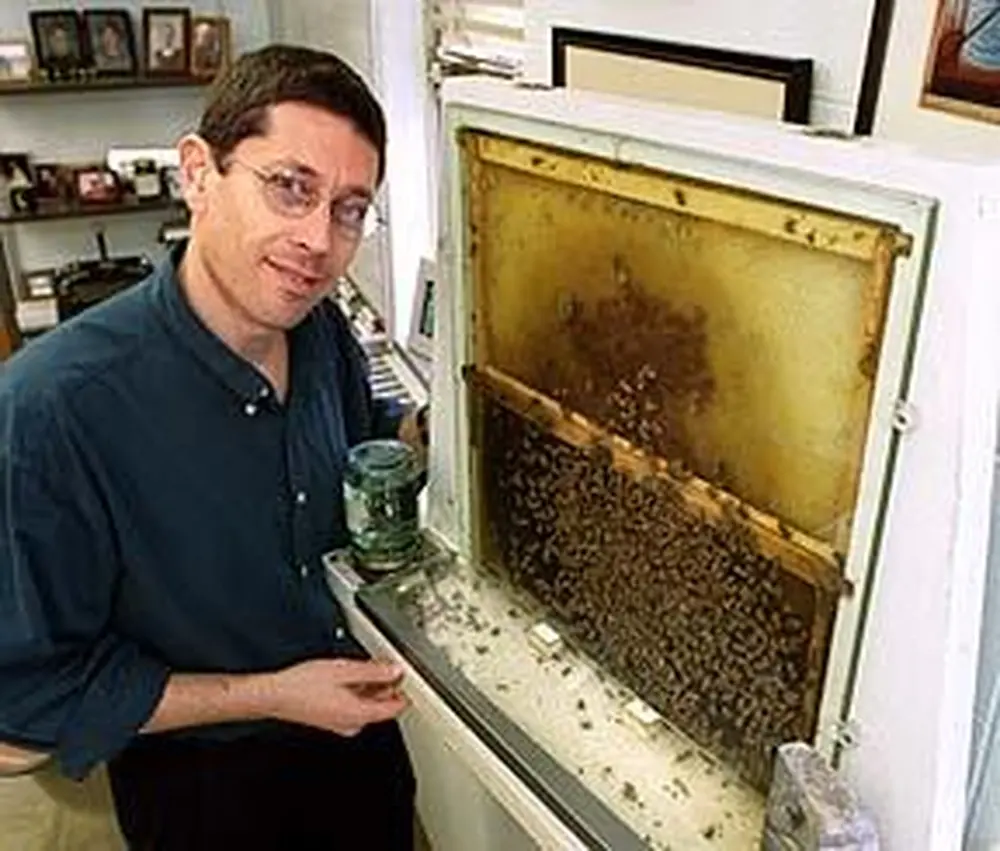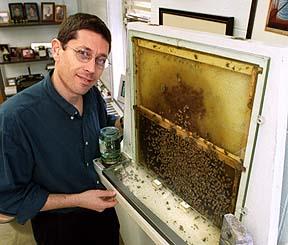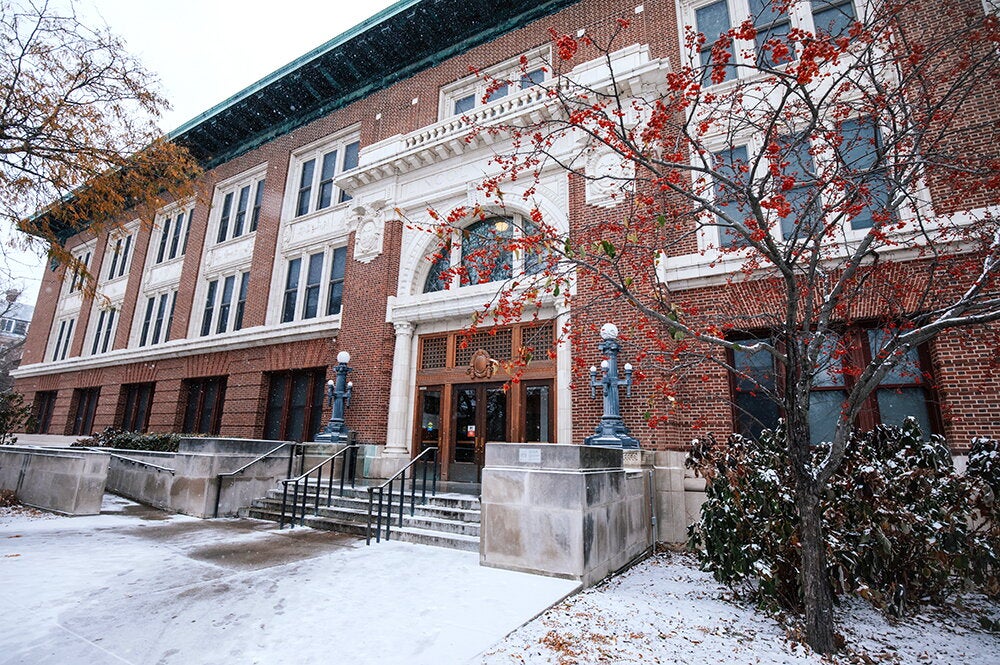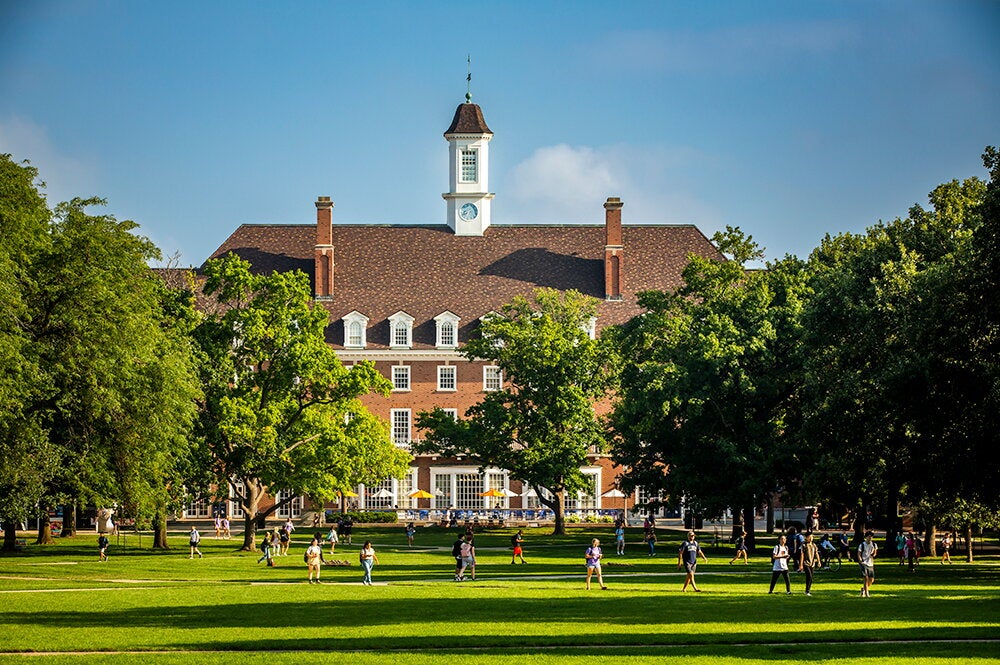

Entomologist Gene Robinson was among the 72 scientists elected to membership in the National Academy of Sciences in recognition of distinguished research and continuing achievements.
Election to membership in the academy is considered one of the highest honors that can be accorded a U.S. scientist or engineer. Those elected bring the total number of active members to 1,976.
Robinson, who is also director of the neuroscience program and holder of the G. William Arends Professorship in Integrative Biology is an internationally recognized entomologist whose work has focused on the honeybee and on genes and social behavior.
Robinson and colleagues, for example, discovered that genes and behavior go together so strongly that an individual bee's occupation can be predicted by knowing a profile of its gene expression in the brain. A new project Robinson is involved with at Illinois, BeeSpace, will help scientists analyze all sources of information relevant to the mechanisms of social behavior. Robinson earned a doctorate at Cornell University.
The National Academy of Sciences is a private organization of scientists and engineers dedicated to the furtherance of science and its use for the general welfare. The academy was established in 1863 by a congressional act of incorporation, signed by Abraham Lincoln, that calls on the academy to act as an official adviser to the federal government, upon request, in any matter of science or technology.
A full directory of NAS members can be found online.


